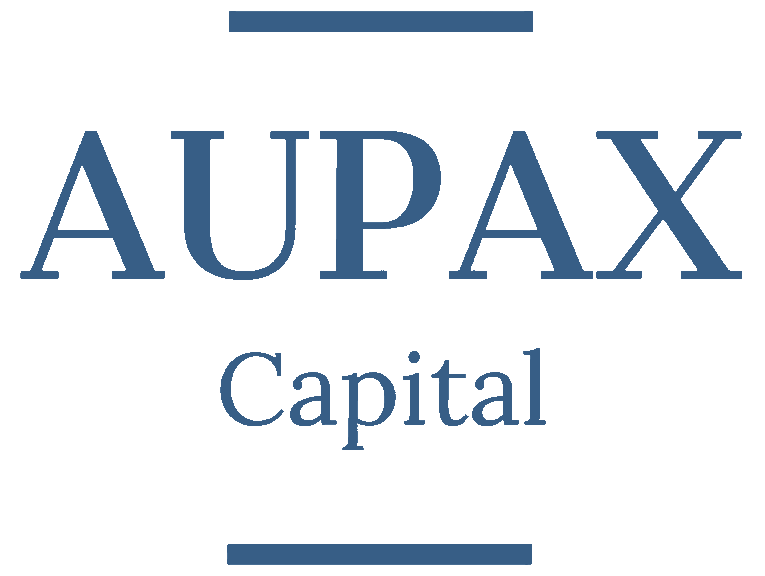Portugal offers a mix of state and private schools. Most Portuguese families, however, send their children to state schools because they are free and local. The quality of public schools is generally good at all levels. Private institutions may have added benefits. International schools cater primarily to expats and offer various curriculums from around the world. Lessons can be taught in your child’s native language. There are many International Schools from pre-school level to High-School level.
The system is divided in four levels:
- Pre-school education (Educação Pré-escolar): ages 3 to 6
- Primary education (Ensino Básico): ages 6 to 15
- Secondary education (Ensino Secundário): ages 15 to 18
- Higher education (Ensino Superior): ages 18 and above
Students following the national curriculum must pass all their subjects to graduate from secondary school. Written assessments, class participation, and homework all count towards the final grade. They must also take three mandatory exams: two at the end of Grade 11 and one at the end of Grade 12. Students studying vocational courses, on the other hand, don’t need to sit these final exams to graduate. However, if they want to apply to a university, they will need to take them.
Higher Education
Portuguese higher education is organized in a binary system that integrates university education and polytechnic education and is taught in public and private institutions.
The private higher education institutions have to obtain prior recognition of the Ministry with the authority of the Higher Education.
University education includes universities, university institutes and other university teaching institutions. Polytechnic education comprises polytechnic institutes and other polytechnic teaching institutions.
In 2005 a process of reform of the Basic Law of the Educational System was started in order to implement the Bologna Process, with the introduction of the European Credit Transfer System (ECTS) in study cycles, mobility mechanisms, diploma supplement, among others .
Higher education began to have a new structure of three cycles of studies, leading to the academic degrees of licenciado, mestre and dotor. This structure was introduced in 2006 and fully implemented in Portugal from the 2009/2010 school year.
Generic qualification descriptors were established for each cycle of studies, based on the acquired competences, as well as the definition of ECTS intervals for the first and second cycle of studies.
